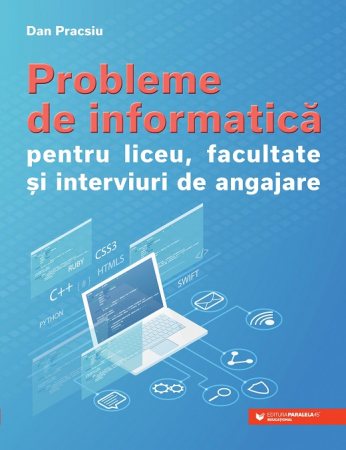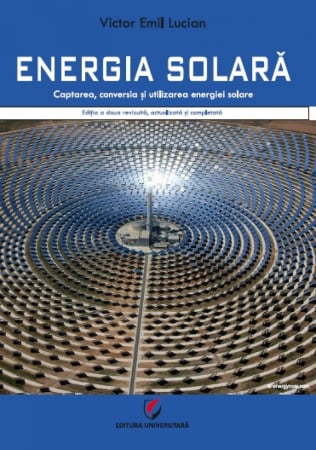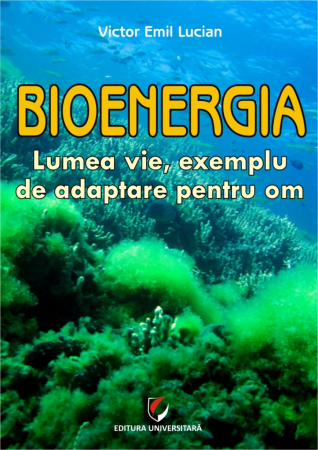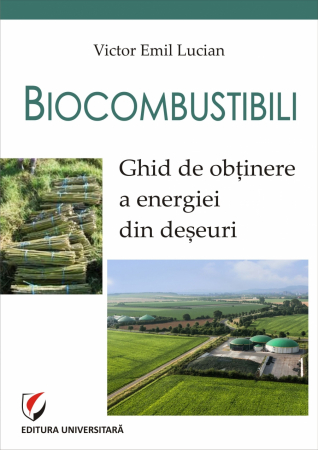ISBN: 978-606-591-328-8
DOI: 10.5682/9786065913288
Publisher year: 2011
Edition: I
Pages: 210
Publisher: Editura Universitara
Author:
- Description
- Download (1)
- Where to find it
- Authors
- Reviews (0)
As results from the title, its main purpose is to initiate in the mysteries of computer and structured programming in C / C + +. For this reason work on some chapters only stops to help readers take the first steps in structured programming. It will be followed by another work of ours that will cover advanced programming in C / C + +, which will be addressed issues of building and use functions, declare and use pointers to functions, development and operation structures autoreferite and bases object-oriented programming.
The paper is structured into nine chapters, accompanied by many practical applications, schedules and reviews, and addresses, gradually defining the concepts and fundamentals of algorithms and logical schemes, as well as their implementation in C / C + +.
Chapter I, Computer Architecture and Arithmetic and logical foundations of computer, bring to the attention of the reader the fundamental structural elements of digital computers. It also presents examples based on the foundations of arithmetic and logical levels.
Chapter II, Algorithms and flowcharts, offers the reader a set of basic knowledge on constructing algorithms and their use in modeling assumptions fundamental structures of structured programming.
Chapter III, Overview of C, is designed to help the user to take the first steps in learning and using language C / C + +, in the design and development of its applications. I reviewed the fundamentals of syntax, from the alphabet and punctuation, writing sentences to and / or phrases, and features input / output interfaces for constructing minimum between the user and its applications. Are also presented and include directives define processor, these are some of the most used applications directly to the process to develop C / C + +, directives used in the examples presented in the paper.
Chapter IV, Fundamental data types and classes of memory, addresses issues fundamental declaration and initialization data types, their modes of representation, the range of values represented by vehicular and how different types of data in applications.
Chapter V, Operators and expressions, operators have language classes C / C + +, their modes of application, the effects on the data involved and the evaluation of expressions in ways that appear.
Chapter VI, Instructions on how addresses fundamental programming structures (sequence, alternative and repetitive), instructions that allow construction and operation of these structures, the jump instructions and source code insertion in C / C + + instructions in assembly language.
Chapter VII, Pointer, is dedicated to the ways of declaring and loading pointers, including dynamic allocation of memory, passing in review the main operations that can be made with the so-called pointer arithmetic for pointers. Given the importance of understanding and acquiring skills in working with pointers, the chapter presents a series of illustrative examples.
Chapter VIII, Massive, is intended to describe ways of defining and using large amounts of data in C / C + +. Topics addressed are declaring massive, their initialization declaration by individual load or read from stdin, the reference elements by indexing and indirection massive, massive thing with pointers and dynamic memory allocation for large.
Chapter IX, Characters and strings, after reviewing specific aspects of working with large characters and characters, as well as functions and macrodefiniţiilor to work with them, have ways of defining and initialization strings, specific functions input / output, and a wide range of functions for working with strings. To facilitate browsing and properties of knowledge on working with characters and strings during the chapter, an application accompanied by comments.
Aware that the work is perfect, thank you in advance to those who, through their observations and recommendations will contribute to improving it.
The authors
-
Bazele informaticii. Elemente de programare C/C++
Download
www.editurauniversitara.ro

Marian Zaharia
Professor Ph.D., holder Modeling Department, Economic Analysis and Statistics,Petroleum-Gas University of Ploiesti.
He graduated from the Academy of Economic Studies, Faculty of Economic Planning and Cybernetics (1981), PhD in Cybernetics (1994).
Has extensive experience in university management of all functions satisfying theDean of the Faculty of Economics, University "George Baritiu" in Brasov (1996-2003)and Dean of the Faculty of Tourism and international economy, the Romanian-American University of Bucharest (2004 -2008) in 2004 for which is given the Medal"Merit for Education".
He is the author of 28 books in the fields of specialized modeling and economiccybernetics, econometrics, decision justification, computer programming andmanagement and over 80 articles published in professional journals and in volumes of recognized international scientific meetings, held in the country and abroad.
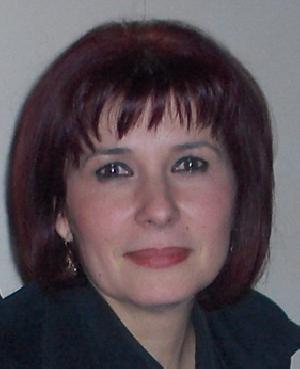
Aurelia Patrascu
Assistant professor at Petroleum-Gas University of Ploiesti, Department of Economics.
He received his Ph.D. in Economics from the Academy of Economic Studies, inEconomic Informatics.
She teaches and coordinates the faculty the following subjects: Basic computersystems, database management, database, web and IT management technologies.
Current areas of interest are: document management systems, management systems databases, web programming and decision support systems.
Is author and co-author of three books and 27 articles in the areas of interest outlined above.
Ana Tanasescu
Lecturer at Petroleum-Gas University of Ploiesti, Department of Economics.
PhD in economics, title obtained in the Academy of Economic Studies of Bucharest, in the cyber and economic statistics.
Bachelor's and master specializations of faculty, support and coordinate the followingdisciplines: decision support systems, intelligent systems in business administrationand computer systems design.
Its concerns are focused on the following areas: artificial intelligence, expert systems,decision support systems, management systems and database systems based onontologies.
He published as author and coauthor of three books and 32 scientific articles in professional journals or proceedings of scientific meetings.
Customer Support Monday - Friday, between 8.00 - 16.00
0745 200 718 0745 200 357 comenzi@editurauniversitara.ro
6359.png)
![Computer basics. Elements of programming C / C + + [1] Computer basics. Elements of programming C / C + + [1]](https://gomagcdn.ro/domains/editurauniversitara.ro/files/product/large/bazele-informaticii-elemente-de-programare-c-c-1804-13336.jpg)





